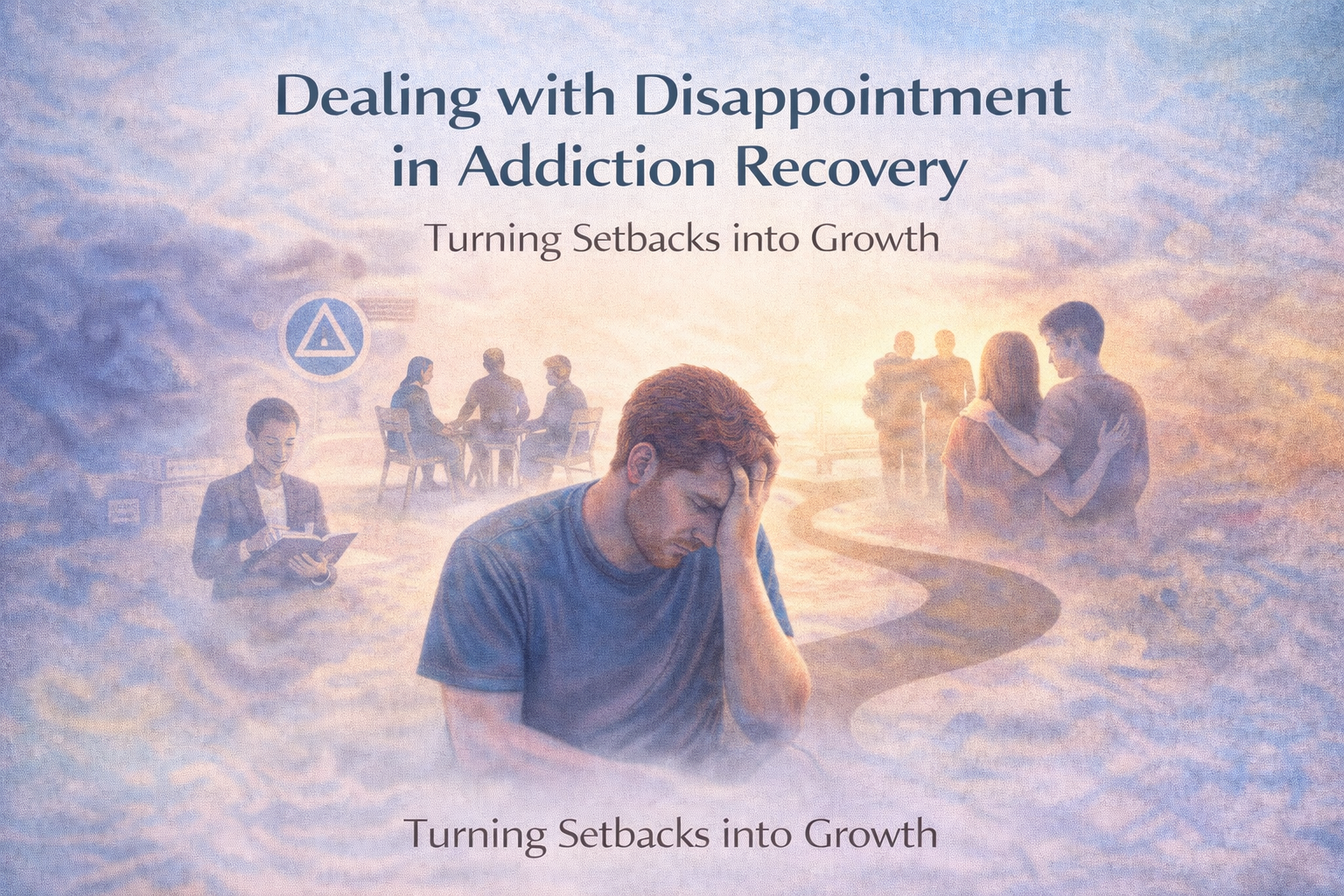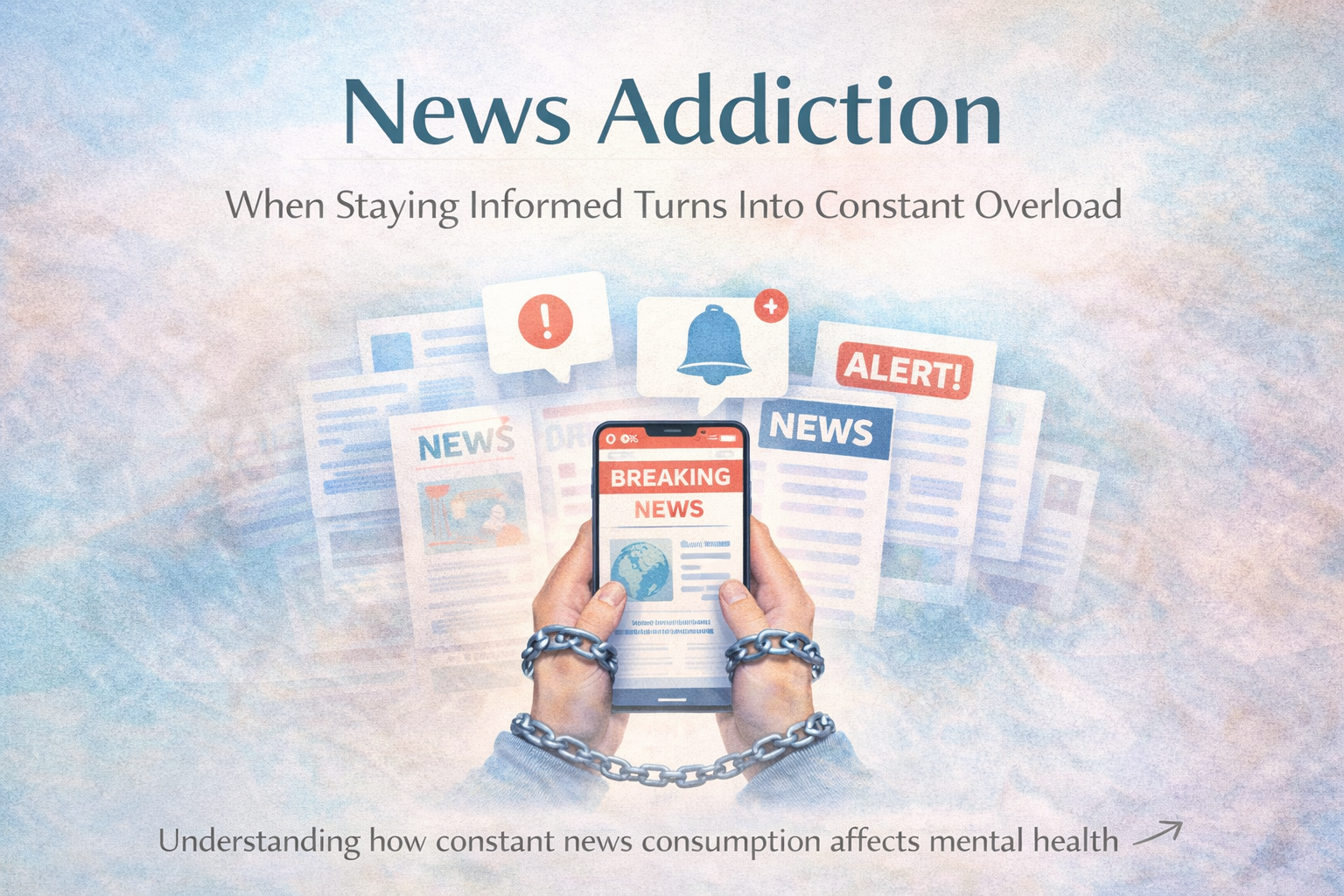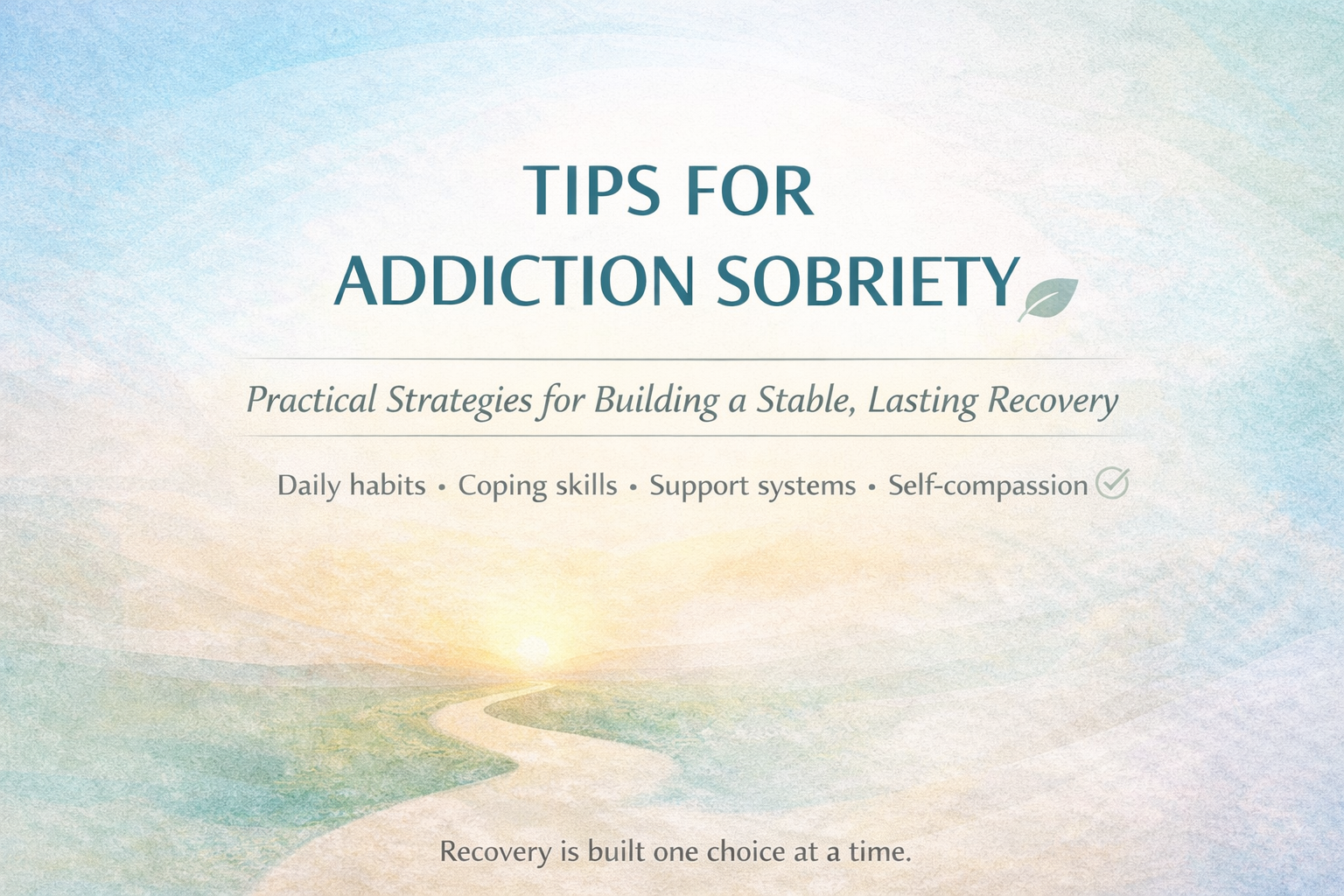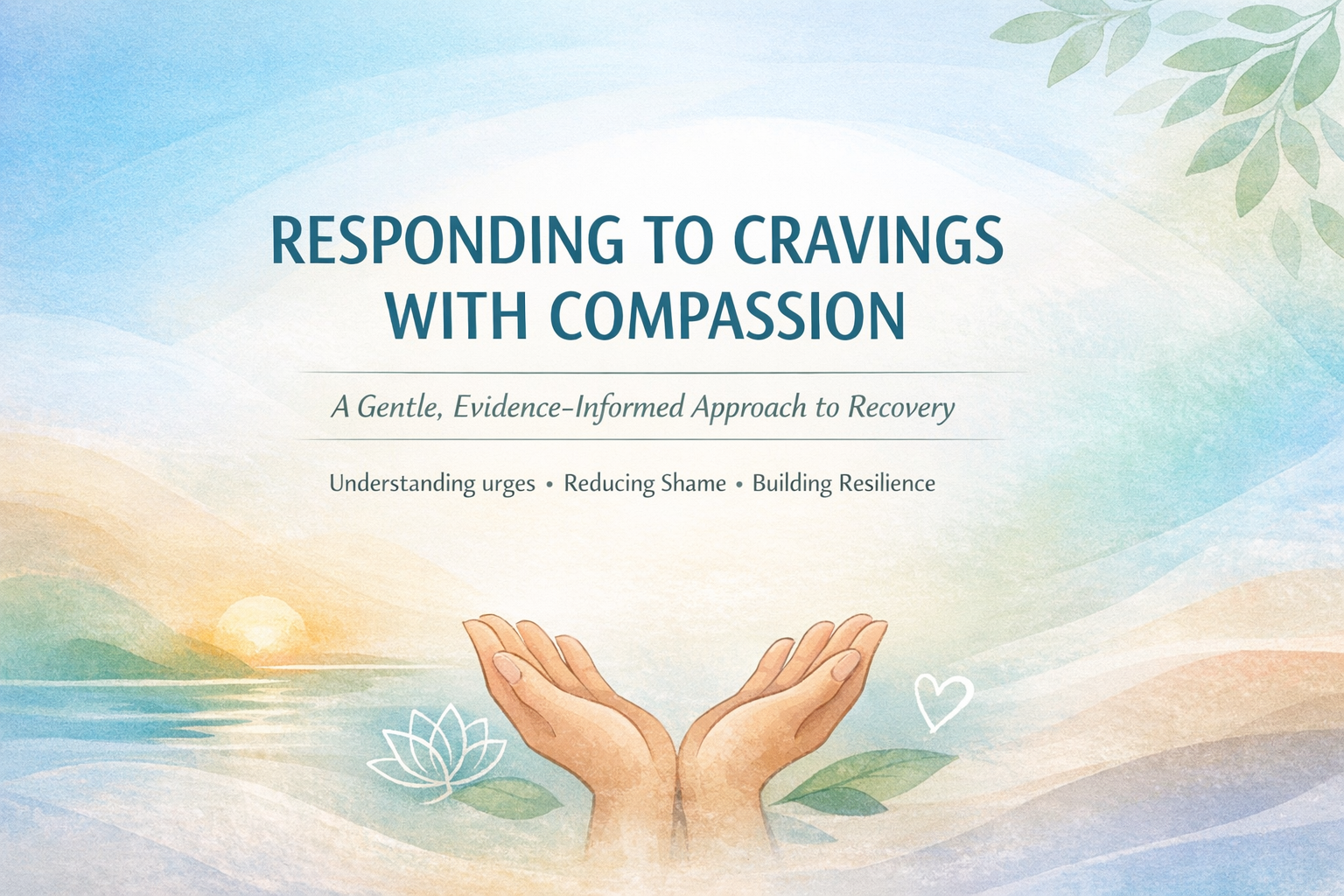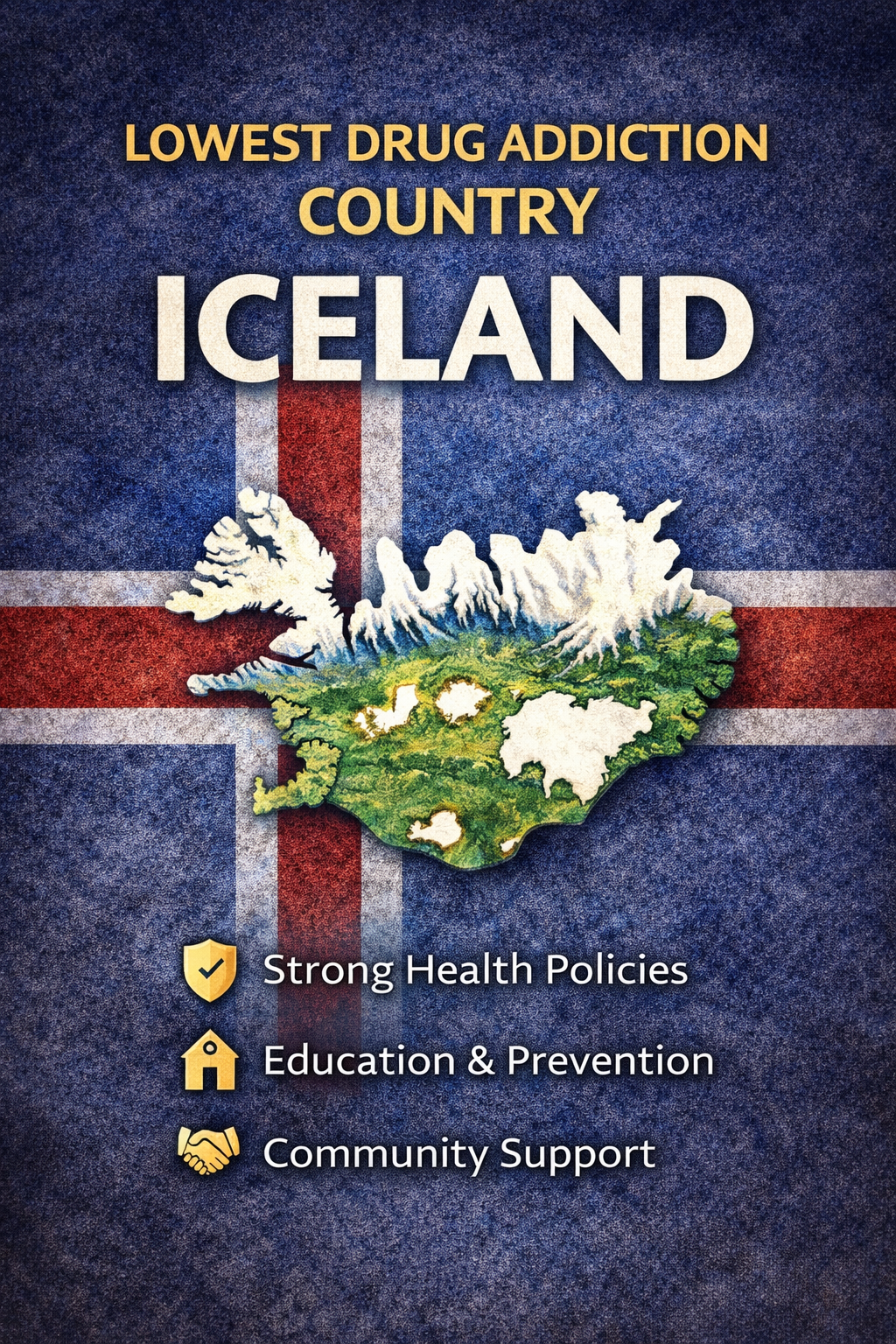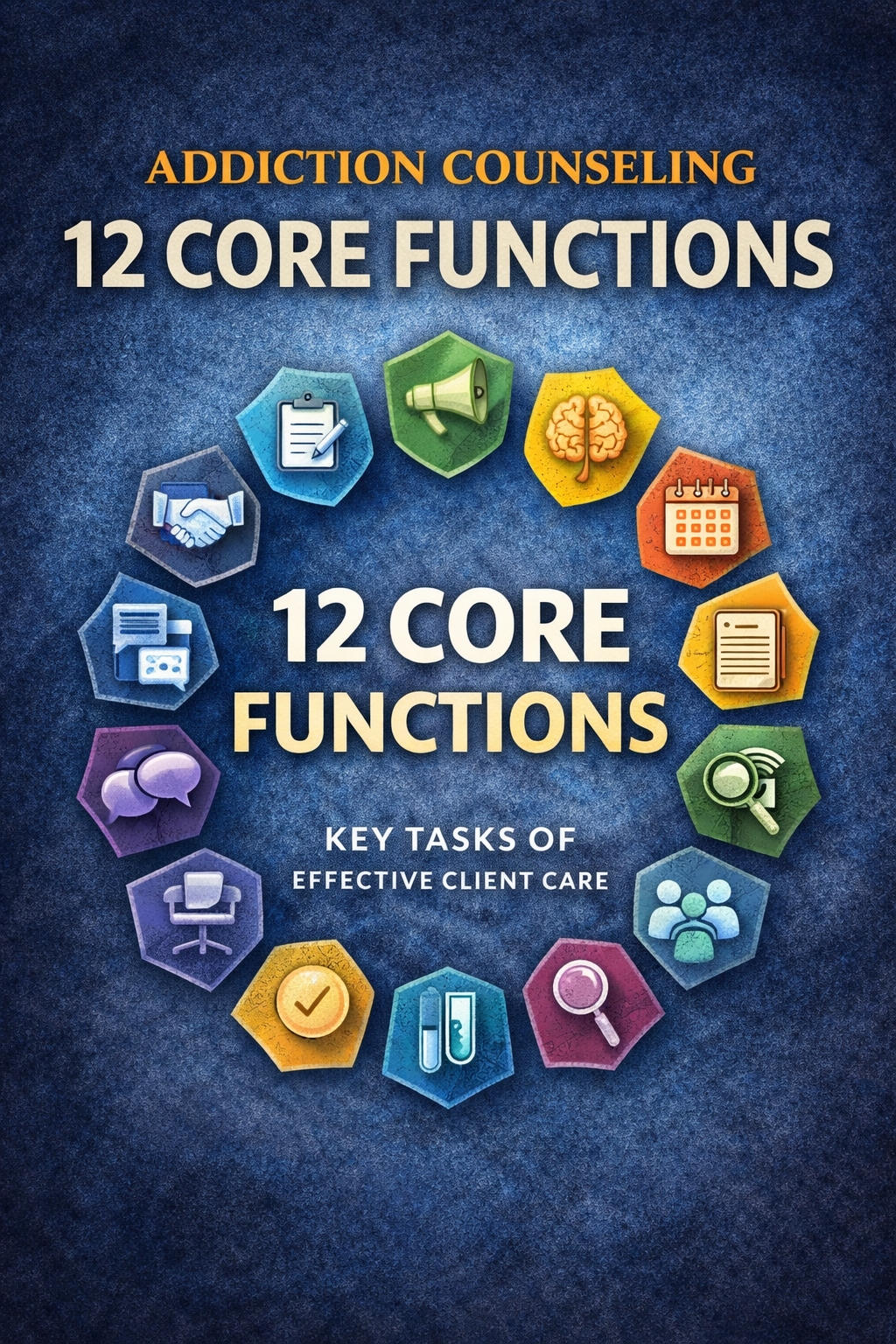Facing Disappointment in Recovery
Disappointment is a natural and often painful part of addiction recovery, emerging when progress feels slow, expectations are unmet, or setbacks occur. If not addressed, disappointment can trigger shame, isolation, and relapse risk. Managing disappointment effectively requires more than individual effort—it involves self-management strategies that support emotional regulation, family support that provides understanding and stability, … Read more
